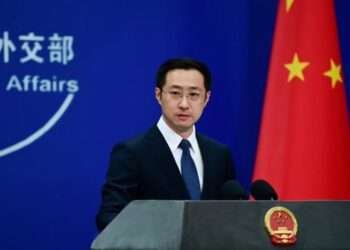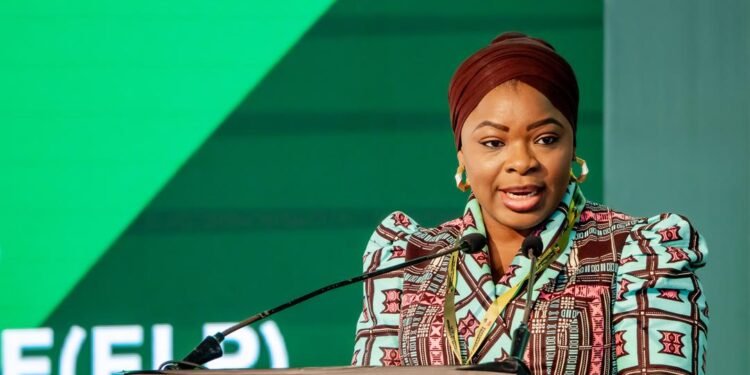Prime Minister Keir Starmer stood firm in defence of his government’s contentious welfare reform bill during a heated Prime Minister’s Questions (PMQs) session, insisting the changes would be “better for individuals, better for the taxpayer, and better for the economy.”
This comes despite a looming £5 billion gap now present in the government’s fiscal plans and rising speculation about potential tax hikes.
Facing one of the most turbulent weeks of his leadership, Starmer was also pressed over the position of Chancellor Rachel Reeves, refusing to confirm whether she would remain in her role until the next general election. Reeves appeared visibly emotional during the session as tensions spilled into public view.
During fiery exchanges, Conservative leader Kemi Badenoch described Reeves as a “human shield” for the prime minister’s “incompetence,” and remarked that the Chancellor looked “absolutely miserable.”
Badenoch continued: “Labour MPs are going on the record saying that the Chancellor is toast. In January, he said that she would be in post until the next election. Will she really?”
Starmer, avoiding a direct answer, instead turned his response towards the Conservative frontbench: “[Mrs Badenoch] certainly won’t. I have to say, I’m always cheered up when she asks me questions or responds to a statement because she always makes a complete mess of it and shows just how unserious and irrelevant they are.”
The Prime Minister then highlighted his government’s achievements within the first year.
“They left a £22 billion black hole in our economy and we’re clearing it up… we got free school meals, breakfast clubs, childcare, got £15 billion invested in transport in the North and the Midlands. We’re cutting regulation, planning and infrastructure is pounding forward, building 1.5 million homes, the biggest investment in social and affordable housing, and of course, the three trade deals.”
Prime Minister Keir Starmer
Tears, Tension, And Tax Rise Fears
Despite Starmer’s attempt to shift the focus to policy wins, internal party tensions dominated the Commons. His welfare bill only narrowly passed its second reading on Tuesday, 335 votes to 260, following the largest rebellion of his premiership. A total of 49 Labour MPs broke ranks to vote against the government’s proposal, a move seen as a serious blow to party unity and the Prime Minister’s authority.
One of the key rebels, MP Rachael Maskell, described the moment the bill passed as if it was “disintegrating before our eyes.” The watered-down version of the legislation, seen as a significant concession, has not quelled discontent among backbenchers.
The visible strain on Chancellor Reeves, coupled with Starmer’s silence on her future, has fuelled speculation of an internal reshuffle or leadership instability. Badenoch’s jabs at the Labour leadership continued after the PM’s remarks: “How awful for the Chancellor that he couldn’t confirm that she would stay in place.”

As the Labour government approaches the one-year mark in office, it faces not only external opposition but growing unease from within. The welfare bill, intended to plug fiscal gaps, now threatens to widen divisions at the heart of the government.
With criticism mounting and poll numbers dipping, questions linger over whether Starmer can maintain control of his party, manage rising economic pressures, and hold together a cabinet under increasing scrutiny.
READ ALSO: AG Urges Court to Strike out Suspended CJ’s Review Application























